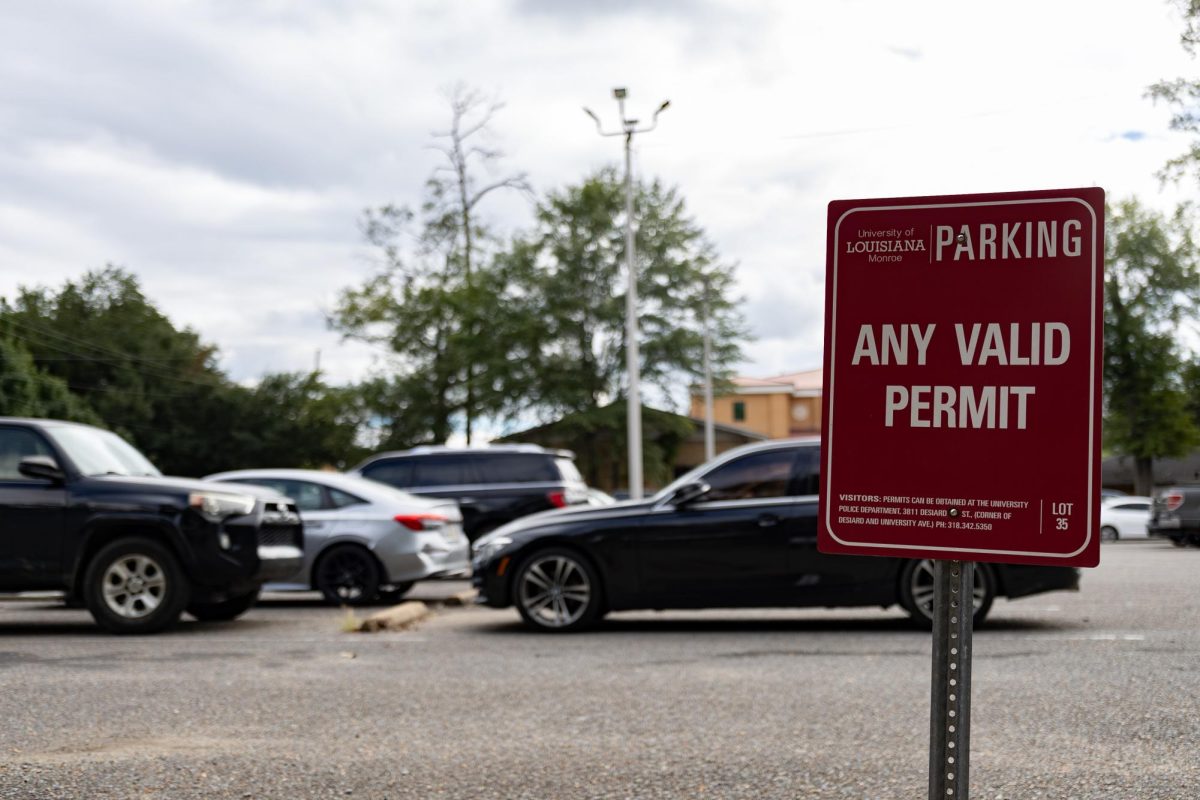It is beyond a doubt that the U.S. government is controlling and demanding.
They want to know our every step as if it belongs to them.
But do they really have the right to know discrete data, such as our personal conversations and intimate photos?
How hard can it be to bypass a four digit pin? Especially for a government who has all the resources at hand?
Ask the FBI and they would say, pretty hard. According to the FBI, it originally just wanted one unlocked iPhone. Really?
For a control-hungry government such as America’s, I don’t see a reason why they wouldn’t be coming back for more.
This decision influences more than just one device, doesn’t it?
If Apple complied with the FBI’s demands, there might be other agencies from around the globe at Apple’s headquarters with their individual demands. After all, the FBI isn’t the only kind out there.
For some years now, tech companies have worked hard on obtaining strong security details for their devices. Now, Apple is asked to undo all its effort and compromise its beliefs and moto.
The major difference between the physical and the digital world is summed up in the term ‘destructible.’ A piece of writing can easily be destroyed but not code. It can be reproduced as many times as desired.
Is it right to ask someone to destroy everything they have accomplished?
Moreover, it is vital to note that Apple is a global company and has wings all around the world. China is the most influential market that Apple has established in the past decade. If this so-called backdoor is developed, China might speculate that all devices in their homeland could be remotely spied on by U.S. Feds.
This doesn’t do the bilateral relationship between the government and the Chinese any good, does it?
The ultimate outcome of this on-going battle will influence the general public the most. With its latest release of iPhone SE and iPhone 7 in sight, government interference could ruin its market popularity. After all, who would buy an iPhone that is vulnerable to hack?
According to a Google poll, more than 70 percent of Americans believe that the government has gone beyond their boundaries with the motive of restricting terrorism. Why have the surveillance of millions of devices just for the sake of precaution?
It’s time that the government accept the privacy rights of Apple.
This lawsuit wouldn’t be as heated if privacy wasn’t that important. But given that the American Bill of Rights discusses privacy, it is a big deal.
The government should be respected for their intention, but we the people should also be respected.
Though they’ve dropped the San Bernardino case against Apple, they’re looking at a new one in Brooklyn.
One hacked phone may not seem like a big deal. But where will it stop?



